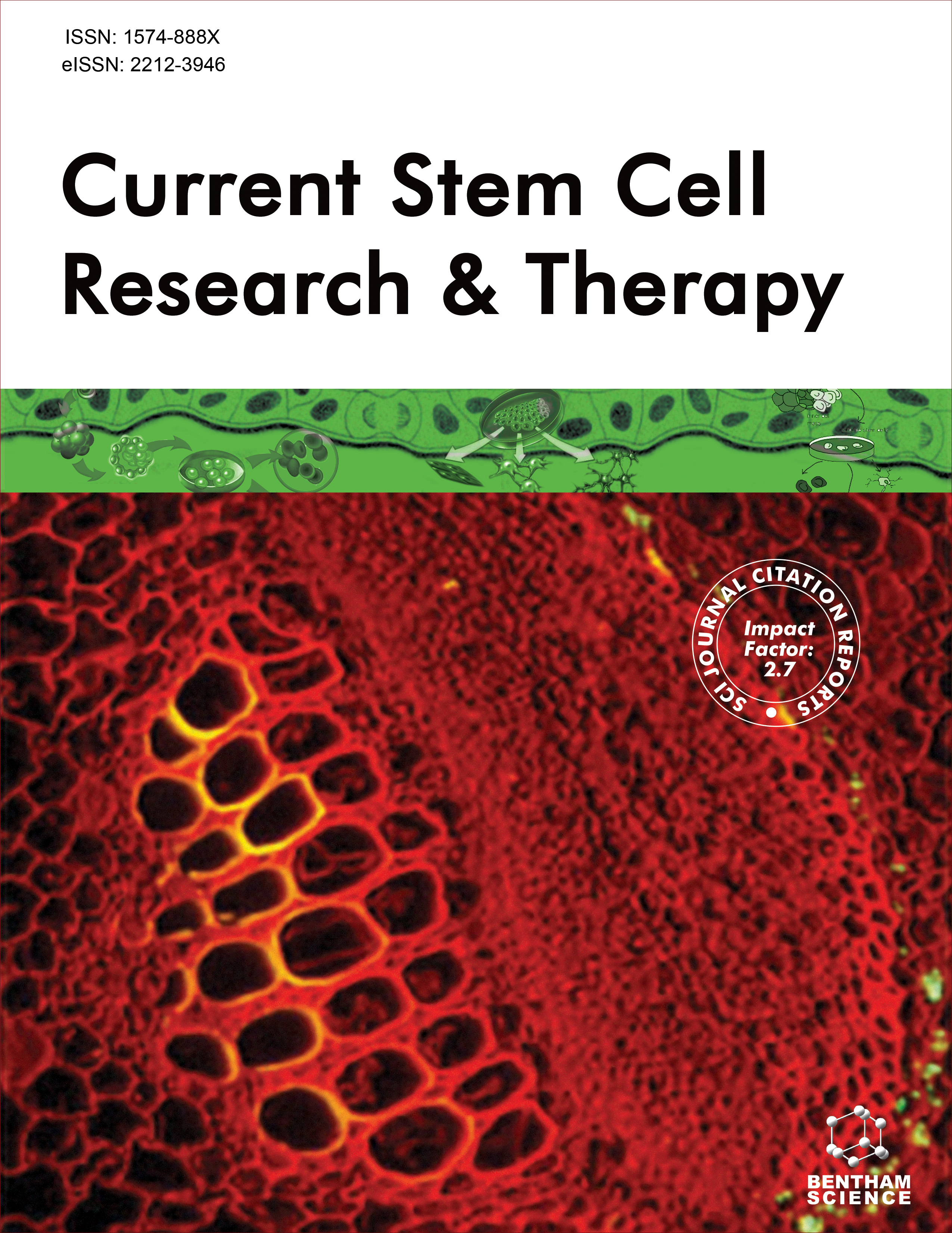-
oa A Role for SHIP in Stem Cell Biology and Transplantation
- Source: Current Stem Cell Research & Therapy, Volume 3, Issue 2, May 2008, p. 99 - 106
-
- 01 May 2008
Abstract
Inositol phospholipid signaling pathways have begun to emerge as important players in stem cell biology and bone marrow transplantation [1-4]. The SH2-containing Inositol Phosphatase (SHIP) is among the enzymes that can modify endogenous mammalian phosphoinositides. SHIP encodes an isoform specific to pluripotent stem (PS) cells [5,6] plays a role in hematopoietic stem (HS) cell biology [7,8] and allogeneic bone marrow (BM) transplantation [1,2,9,10]. Here I discuss our current understanding of the cell and molecular pathways that SHIP regulates that influence PS/HS cell biology and BM transplantation. Genetic models of SHIP-deficiency indicate this enzyme is a potential molecular target to enhance both autologous and allogeneic BM transplantation. Thus, strategies to reversibly target SHIP expression and their potential application to stem cell therapies and allogeneic BMT are also discussed.


